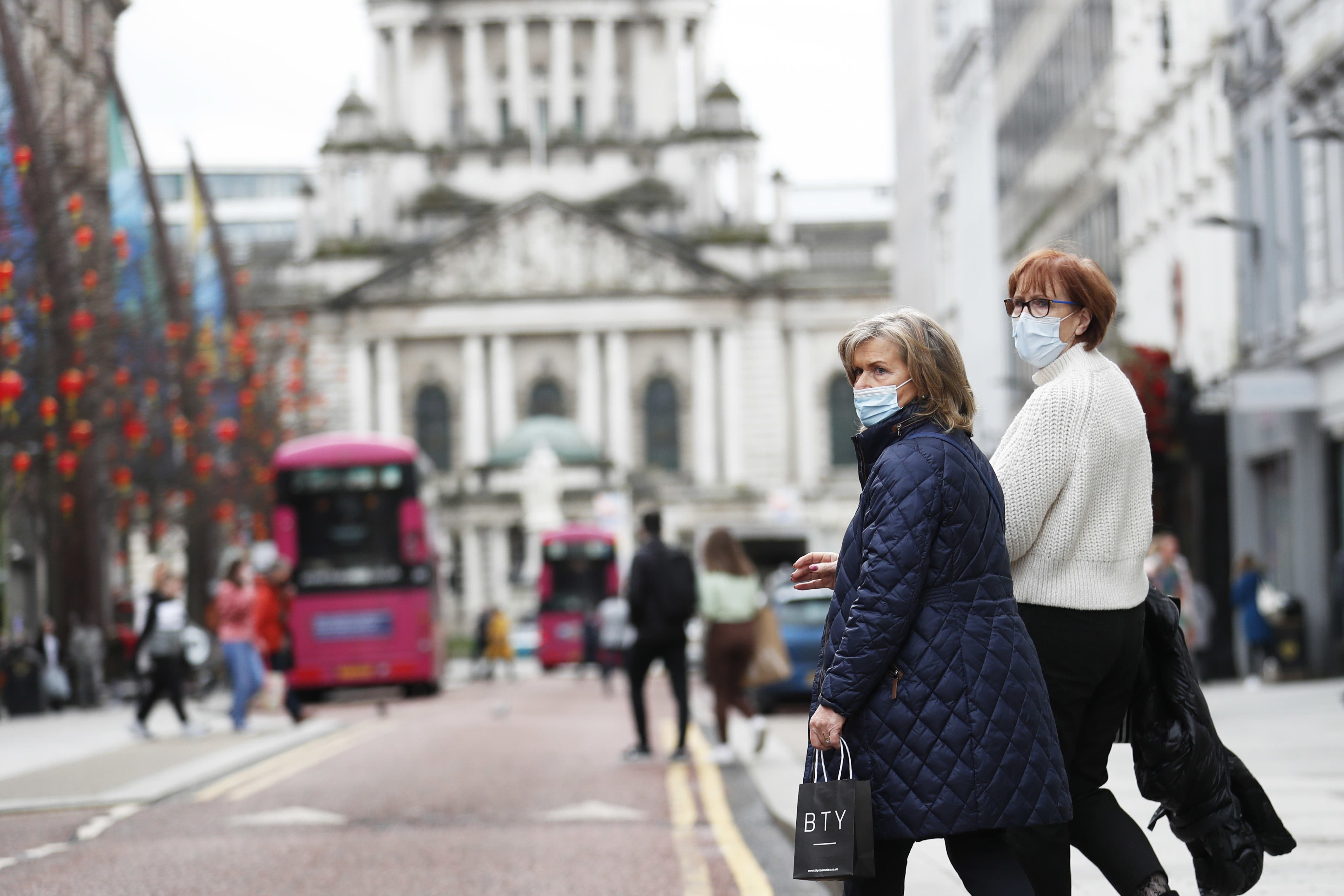We could have done some things differently, Stormont official tells Covid probe
Dr Denis McMahon outlined challenges that faced Northern Ireland, including instability at Stormont and preparing for Brexit.

Some things could have been done differently during the coronavirus pandemic, a senior Northern Ireland civil servant has told the UK Covid-19 Inquiry.
Dr Denis McMahon, permanent secretary of the Executive Office, outlined the challenges that faced Northern Ireland at the start of pandemic in 2020, including years of stop-start government at Stormont, staff shortages and “cannibalising” of departments to find staff to prepare for Brexit.
He told the inquiry: “I use none of this as an excuse, there are issues that we could have done differently,” but said it was important to set out the context.
The region has been without ministers in the devolved administration at Stormont for around four of the last six years due to political breakdowns.
We were genuinely scared of the consequences of a no-deal exit, and that meant that all of our attention was focused on it
The executive effectively collapsed in 2017 after the resignation of then deputy first minister Martin McGuinness before being resurrected on the eve of the coronavirus pandemic in January 2020.
It functioned through most of the pandemic before the resignation of Paul Givan as first minister in February 2022 saw it fall again.
Dr McMahon expressed his condolences to people who lost loved ones during the pandemic, saying he had listened to their impact statements to the inquiry, adding “you couldn’t fail to be moved” by their words.
He described the period before the pandemic, when he was at the helm of the Department of Agriculture and was preparing the the possibility of the UK leaving the EU without a political settlement.
He said Northern Ireland, as the only part of the UK with a land border with the EU, would face a major impact in the event of a no-deal Brexit, which was feared at that time.
He also referred to losing 4,400 staff between 2014 and 2017, resulting in the “cannibalisation” of departments to prepare for Brexit.
He said officials were facing huge reductions in exports, 1.9 million export health certificates to transfer food across the border, and small businesses going out of business overnight.
Frankly (it is) an unacceptable position. Not to have ministers. It is so fundamental to the operation of governments
“We were genuinely scared of the consequences of a no-deal exit, and that meant that all of our attention was focused on it,” he said.
“Again, I don’t say that to make an excuse but it’s to give a sense of what we were dealing with and how that affected the administration.”
Dr McMahon became permanent secretary of the Executive Office in 2021, mid-way through the pandemic.
He said an emergency hub set up with deal with the ramifications of a no-deal was a model officials were able to use in the pandemic.
Dr McMahon described the ongoing situation where civil servants are running departments as “a unique position in Northern Ireland”, adding: “Frankly (it is) an unacceptable position. Not to have ministers. It is so fundamental to the operation of governments.
“We need the direction and control, and we need the legitimacy that democratic accountability brings to decision-making to make those difficult decisions.”
Dr McMahon said the lack of ministers between 2017 and 2020 had an impact on emergency planning and, to some extent, civil servants were “flying blind” without ministerial direction.
The inquiry, announced by then prime minister Boris Johnson in 2021, is examining the UK’s handling of the pandemic and is hearing from senior politicians, health officials and experts.
Former Stormont health minister Robin Swann is to give evidence to the inquiry later.
Bookmark popover
Removed from bookmarks